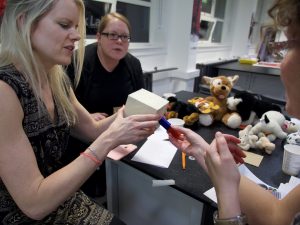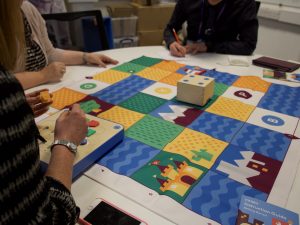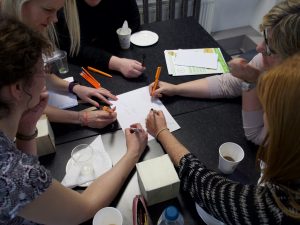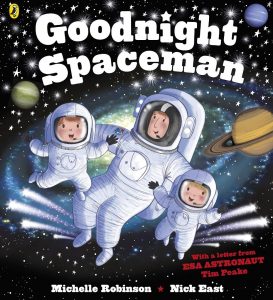New opportunities: GET North resources, Whole School Gender Equality, Computing resource grants
If you’re the sort of person who’s involved and engaged with NUSTEM’s work, these opportunities might be right up your street:
Great Exhibition of the North Teaching Resource Creators
The team running GET North 2018 are looking for help developing teaching resource packs for use across England at Key Stages 2 and 3. Separate packs will be produced to tie into the themes of the Exhibition:
- KS2: Science, Art and Design, and Design and Technology
- KS3: Computing, English, and Design and Technology
The organisers are looking to recruit resource creators; professionals who can provide current industry context and support to the resource; and SEN consultants.
Interested? Get the full details and the application form at the GET North website. Deadline 12 noon, 1st December.
IOP Whole School Gender Equality Programme
The Institute of Physics have a long-running project looking at improving gender balance in physics. Their reports and research are valuable and highly influential (they’ve been a key influence on NUSTEM, for example!). Currently 40 schools are part of a whole-school programme, making small changes in their environment which can lead to big changes in student outlook. Funding has recently been secured to expand this programme.
Participating schools will receive whole-school CPD on unconscious bias and gender equality; can nominate a Gender Champion to attend a free 2-day residential course; and will have access to funding to support further work, including dissemination to other schools and partners.
For further details and the contact email through which to express an interest, see the IOP’s website. Also, do keep us informed (nustem@northumbria.ac.uk), as we’re keen to assist in these efforts ourselves.
Community Foundation Raspberry Pi kit funding
This just in… the Community Foundation have up to £2,000 available to support the purchase of Raspberry Pi kits and CPD by primary schools, as part of a new project launched recently by Make Stuff NE and Tech for Life. For more information and to apply for funding, click those links. At the time of writing things aren’t quite working correctly; we think the relevant grant scheme may be this one, in which case it’s a very straightforward (online) form.

 We have a wealth of experience in STEM education at NUSTEM, but so many good ideas come from teachers working in schools. In this session, teachers shared some of their more creative science resources and approaches. In the spirit of sharing good practice, here they are:
We have a wealth of experience in STEM education at NUSTEM, but so many good ideas come from teachers working in schools. In this session, teachers shared some of their more creative science resources and approaches. In the spirit of sharing good practice, here they are: Our office fell in love with these
Our office fell in love with these  The NUSTEM project builds on the findings of the ASPIRES report (more about that
The NUSTEM project builds on the findings of the ASPIRES report (more about that  We’ve developed two workshops, each with activities linked to books for young children. The sessions are each 45 minutes long and involve shared reading and activities. At the end of each session, participants get to keep a copy of the book, so they can continue the reading and activities at home.
We’ve developed two workshops, each with activities linked to books for young children. The sessions are each 45 minutes long and involve shared reading and activities. At the end of each session, participants get to keep a copy of the book, so they can continue the reading and activities at home.